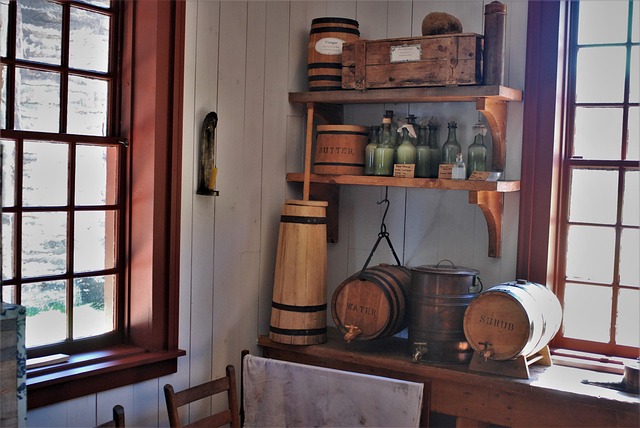
Colonial Americans
Understanding Colonial Americans
Colonial America was a melting pot of cultures, ambitions, and challenges. From the early 1500s, European nations began to explore and settle in the Americas, each with their own motivations and methods. This period was marked by both the promise of new beginnings and the harsh realities of survival in an unfamiliar land.
The Impact of Disease on Indigenous Populations
One of the most tragic consequences of colonization was the devastating impact on indigenous populations. Newly introduced diseases, such as smallpox and influenza, swept through Native American communities, leading to a significant decline in their numbers. By the time the Pilgrims arrived in 1620, many tribes in the eastern regions had already been decimated by these illnesses, which were likely brought by earlier explorers and sailors.
Challenges Faced by European Settlers
Life for the early settlers was no walk in the park either. They faced a multitude of challenges that tested their resolve:
- Disease: Just like the indigenous people, many colonists fell victim to diseases that they had no immunity against.
- Starvation: The harsh realities of farming in a new environment often led to food shortages.
- Conflict: Tensions with Native Americans and rival European powers created a constant state of unease.
- Resupply Issues: Many colonies struggled with getting the necessary supplies from Europe, leading to further hardships.
These factors contributed to high mortality rates among colonists, making survival a daily battle.
The Role of Florida in Colonial America
Florida had a unique position during this period. Initially occupied by Britain, it didn't attract a large number of settlers compared to other colonies. However, Dr. Andrew Turnbull's attempt to establish a colony at New Smyrna in the 1760s brought a mix of Menorcans, Greeks, and Italians to the area, ultimately leading to the establishment of St. Augustine in 1777.
During the American Revolution, Florida was a Loyalist stronghold, which added another layer of complexity to its colonial history. The dynamics of loyalty and rebellion played out differently here than in other colonies, showcasing the diverse political landscape of colonial America.
Conclusion
Colonial America was a time of exploration, conflict, and transformation. The interactions between European settlers and indigenous populations shaped the future of the continent in ways that are still felt today. Understanding this history is essential for grasping the complexities of modern America.


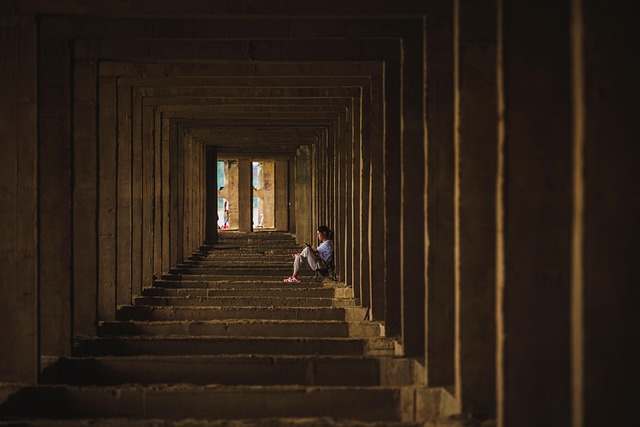


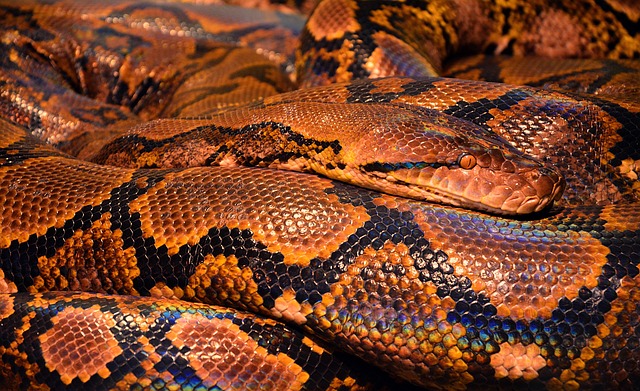




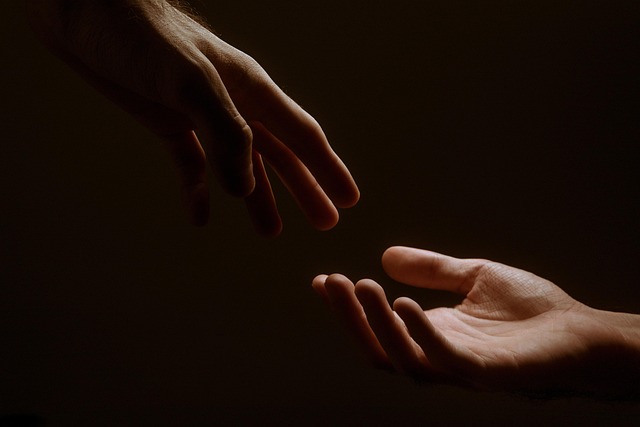
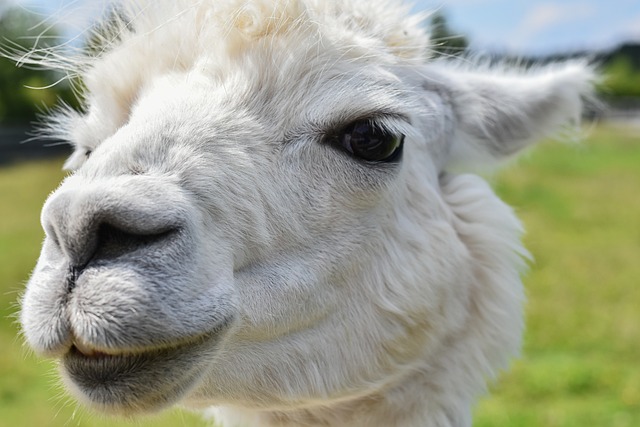





 Currency Conversion: Pounds to Dollars
Currency Conversion: Pounds to Dollars 
 Health
Health  Fitness
Fitness  Lifestyle
Lifestyle  Tech
Tech  Travel
Travel  Food
Food  Education
Education  Parenting
Parenting  Career & Work
Career & Work  Hobbies
Hobbies  Wellness
Wellness  Beauty
Beauty  Cars
Cars  Art
Art  Science
Science  Culture
Culture  Books
Books  Music
Music  Movies
Movies  Gaming
Gaming  Sports
Sports  Nature
Nature  Home & Garden
Home & Garden  Business & Finance
Business & Finance  Relationships
Relationships  Pets
Pets  Shopping
Shopping  Mindset & Inspiration
Mindset & Inspiration  Environment
Environment  Gadgets
Gadgets  Politics
Politics 